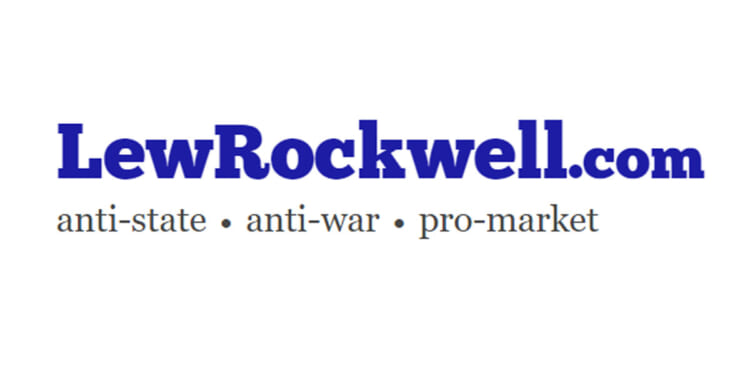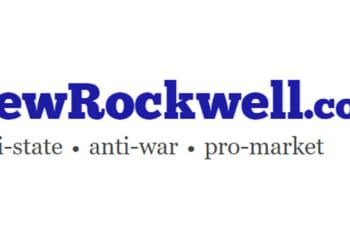GDP is like collecting data on passenger satisfaction with the dessert cart on the Titanic and declaring everyone is delighted as the great “unsinkable” ship settles into the icy waters of the Atlantic.
That Gross Domestic Product (GDP) is an outdated and misleading metric of the economy is widely accepted. The problem isn’t an abstraction, as we manage what we measure and so policymakers and citizens alike make decisions on what’s being measured. If what’s being measured is misleading, then we’re flying blind.
Economist Joseph Stiglitz has long advocated for an overhaul for what we measure economically, focusing on well-being rather than adding up transactions. A new book The Measure of Progress: Counting What Really Matters, explains the difficulty of the overhaul. A recent article on the topic addressed the urgency of the task (Foreign Affairs, May/June 2025, paywalled):
“For Americans, these are tumultuous times. Inequality in income and wealth is at historically high levels. Artificial intelligence is reshaping society at an unprecedented pace, prompting layoffs and putting entire professions at risk. According to an estimate by the Brookings Institution, up to 85 percent of current workers in the U.S. labor force could see their jobs affected by today’s generative AI technology. In the future, that percentage could climb even higher.
At moments of danger and uncertainty, it is usually the task of governments to protect people and help them navigate change–to step in when markets cannot. Yet Americans seem to have little belief in Washington’s capabilities. Over the past two decades, public trust in the U.S. government has plummeted by 40 percent. Some Americans believe the federal government has been absent. Others believe it has failed to meet pressing challenges, including the rising cost of living, and the potential disruptions of AI. Either way, Washington has its work cut out for it as the government tries to regain Americans’ trust.
So where can it start? The Measure of Progress, meanwhile, takes aim at the economic data that states use. According to Coyle, analysts evaluate the economy using outdated, limited metrics, causing policymakers to misunderstand the challenges citizens face.
Coyle’s book is focused on understanding the economy as it exists today. But her argument–that analysts and governments have failed to properly measure peoples’ well-being–is equally essential. The metrics that economists use, Coyle insists, are inherently flawed and do not sufficiently represent the reality of economic activity and value. That poses an immense problem for policymakers and analysts, distorting their view of the world and potentially leading them to faulty conclusions and ineffective policies.”
The problem is multi-faceted. GDP and other metrics were institutionalized in the industrial age, where agriculture and factory production were easy to measure. As these sectors’ share of the economy has slipped, the “hard-to-measure” parts of the economy are now dominant–81.5% by one estimate.
There are many other critical wrinkles in measuring the economy as it is. The book raises the issue of unpaid work, such as families caring for elderly parents and the unpaid “shadow work” that we’re required to do now to keep all of our technology functioning. All this activity occurs outside the traditional market.
Since our metrics don’t put a price tag on clean air and functional ecosystems, these are left out of the calculations, as if they don’t exist. Not only do they exist, they’re critical to our well-being. The book discusses natural capital accounting as an alternative, but alternative measures like this are inherently more challenging than toting up transactions.
What if we decided to measure the economy by the quality of life of the citizenry? While there are endless possibilities of what goes into quality of life, we can start with these basics:
1. Our physical and mental health.
2. The health of our social order–our social contract, social trust, communities and trust in our key institutions
3. The security and stability of our livelihoods and financial future.
Defining health isn’t that difficult. A healthy person doesn’t need any medications because, well, they’re healthy, so there’s no need for any interventions. A healthy person has an HDL / triglyceride ratio (calculated by dividing your triglyceride level by your HDL cholesterol level) well under 2, can walk a mile without even noticing, can stand on each foot for an extended time, and so on.
As for mental health, numerous studies have found that social connections are critical to our overall health, along with what we might call sufficiency–enough financial resources to secure the basics of life, and enough opportunities to fulfill one’s potential.












